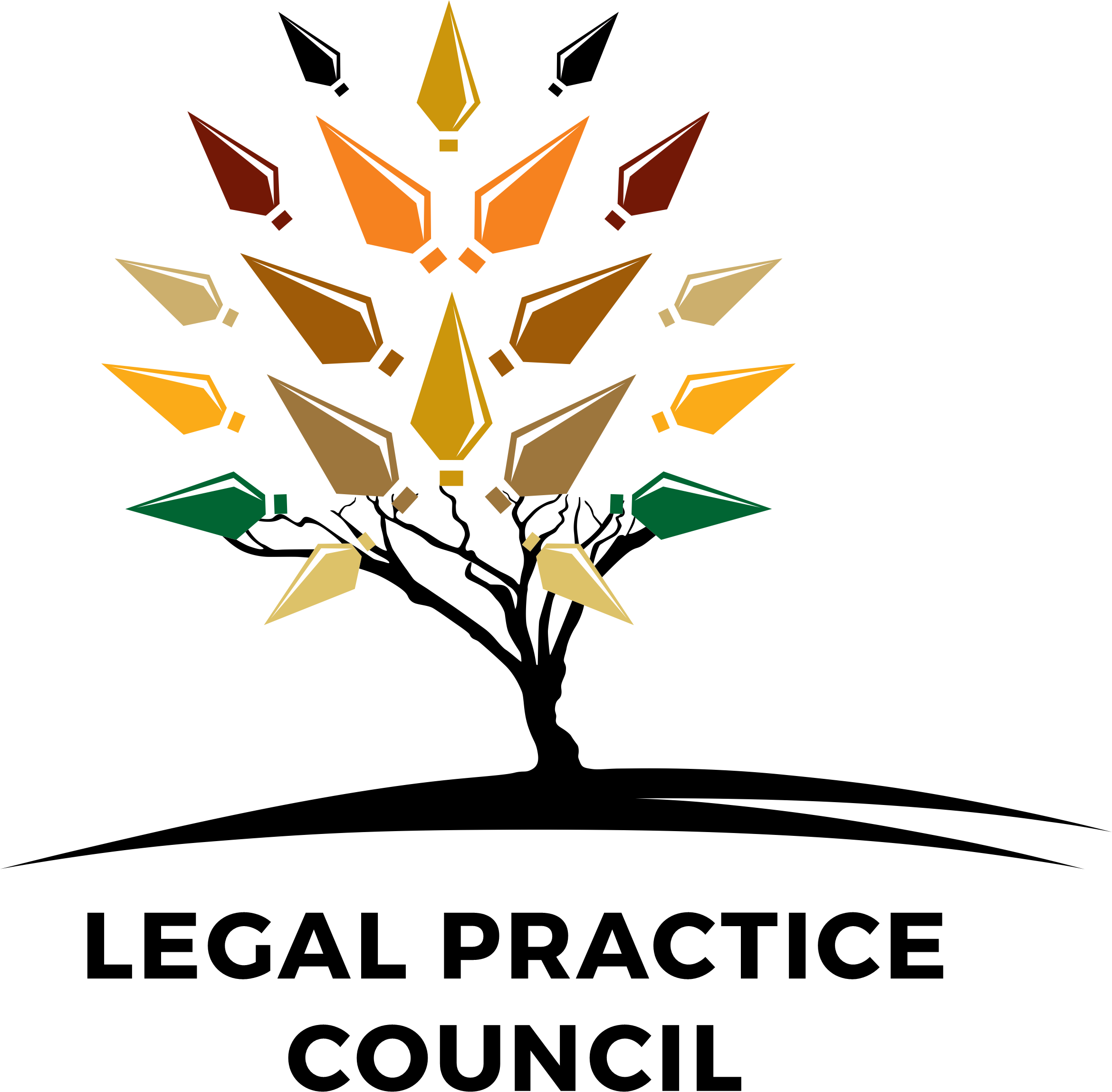Notice to Legal Practitioners about the Mpumalanga High Court judgment delivered on 3 April 2020
“The attention of all legal practitioners is drawn to the judgment of Brauckmann AJ in the Mpumalanga High Court, delivered on 3 April 2020. This relates to the lockdown and travel restrictions imposed under the COVID-19 regulations. The judgment followed the hearing of an urgent application in that court, in which a number of parties were represented by attorneys and counsel from Mpumalanga and other provinces.
The judge aligned himself with the reasons given by Roelofse J in Ex Parte van Heerden, an earlier judgment of that division, in which an application for permission to travel from one province to another was refused. With reference to the regulations and directives that provide that movement between provinces and between metropolitan and district areas is prohibited, Brauckmann AJ called on each practitioner in the court to provide the permits which entitled them to attend the hearing. Some of the practitioners informed the judge that they were in possession of permits but did not have them with them and would provide them later. They either failed to do this or provided permits that were issued after the hearing.
Very few of the permits produced by the practitioners were found by the Judge to be compliant with the regulations and directives. The Judge noted that, from the directives read with the regulations, it was apparent that the director of a provincial council of the LPC may only issue a permit to a legal practitioner if (i) he/she is a practising legal practitioner, and (ii) that person is to appear in a case that is identified as urgent and essential services under regulation 11A(B)(16).
The Judge held that any travelling done by a practitioner shall be in terms of the regulations, supplemented by the directives. There shall be no travelling across provincial borders or between metropolitan and district areas. The courts do not have the power to permit such travel. If a practitioner is not in possession of a permit that is properly issued by the relevant authority, such travelling will amount to a breach of the regulations and directives, it will be illegal, and the practitioner will be exposed to possible criminal prosecution and investigation by the LPC into possible professional misconduct.
In regard to those practitioners who were in the court and who did not have the required permit, the Judge said inter alia that:
- The breach of the regulations amounted to a criminal offence, unprofessional conduct, and a breach of the Code of Conduct, the latter requiring counsel to uphold the highest standards of integrity, accountability and diligence in carrying out their professional responsibilities;
- Legal practitioners must set an example to other citizens, must be seen to adhere to the law, and any breach of the law in an open fashion will cause the general public to lose faith in the legal profession and system;
- Some of the practitioners acted recklessly in travelling across borders in breach of the regulations, they openly defied the regulations and directives, and this amounted to contemptuous conduct which the court could not condone;
- A silk had a more onerous obligation to comply with the country’s laws and, as leader of a party’s team, should have ensured that their travel documents were compliant;
- Those who had crossed borders in breach of the regulations had travelled illegally and their attendance in court was illegal;
- Those who were in court illegally were not entitled to any fees;
- The judgment was to be referred to the Legal Practice Council.
Practitioners must ensure that they are aware of the regulations and directives that are in place at the time whenever they are required to travel, and that they comply with the regulations and directives. This judgment shows the consequences that may follow any breach of the regulations and directives.”
Issued by the Legal Practice Council
Download PDF Here
